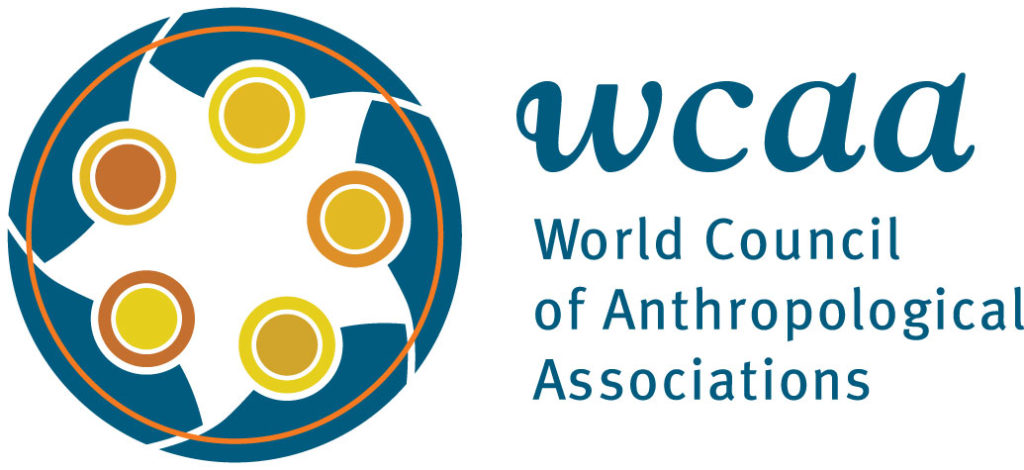Anthropology Webinars Explore Fieldwork, Public Health, & Coronavirus

In light of the global coronavirus pandemic, anthropologists around the world have been preparing to utilize knowledge gained from past pandemics to help with the coronavirus pandemic, and preparing to gain as much knowledge as possible to assist with any future pandemics. Anthropologists have also had to reconsider their methodologies in light of new strains on fieldwork.
With so much anthropological agenda-setting to do, it is clear that the coronavirus has gripped the world of anthropology. The World Council of Anthropological Associations (WCAA) has released, so far, two webinars relating to the effect of the spread of coronavirus on anthropology, and the effect (and potential effect) of anthropology on the coronavirus. The webinars can be found for free online by clicking here.
The first webinar brings together academics from Portugal, France, Norway, Brazil, the United States of America, Kenya, and China to speak on issues relating to public health, culture, and anthropological research (primarily medical anthropology). Each speaker relays the coronavirus situation in their respective community and provides information about what anthropologists & medical anthropologists are doing about the situation, what they can learn from past epidemics, and how they are preparing to analyze the data that may come from the situation.
The speakers also take the opportunity to talk about the profound ways in which the global pandemic is changing our approaches to connectivity, interculturalism, and global communication. For one example: Charles Briggs from the USA. “Thinking across platforms, countries, peoples, is no longer an agenda,” Charles Briggs, at UC Berkeley, says. “It is survival.” In an epidemic, he continues, “communication should spring from biomedical authority– not political expediency, or the bottom-lines of media-based organizations.” He suggests that the present predicament is ripe for reconceiving of the way in which the USA conflates politics, medicine, and mediatization. Each speaker brings something fresh and interesting to the table with regard to the way in which the political, media, and other power structures have handled (or mishandled) the coronavirus in each respective country.
The second webinar brings together speakers from Australia, India, Japan, Mexico, and the United Kingdom to tackle issues related to anthropological fieldwork and research disruption.
The webinar is loosely defined by a few questions: “What technologies are out there for anthropologists when face-to-face observations are impossible? What are the advantages and disadvantages of interviewing online? How can we access and publish data while in a pandemic? And should large data sets be considered? Each speaker goes beyond the questions to discuss their own experiences and remedies with regard to research disruption. The speakers also inject, like in the prior webinar, the local & national response to the pandemic from each respective area.
Both webinars can be found for free online by clicking here.


























































































